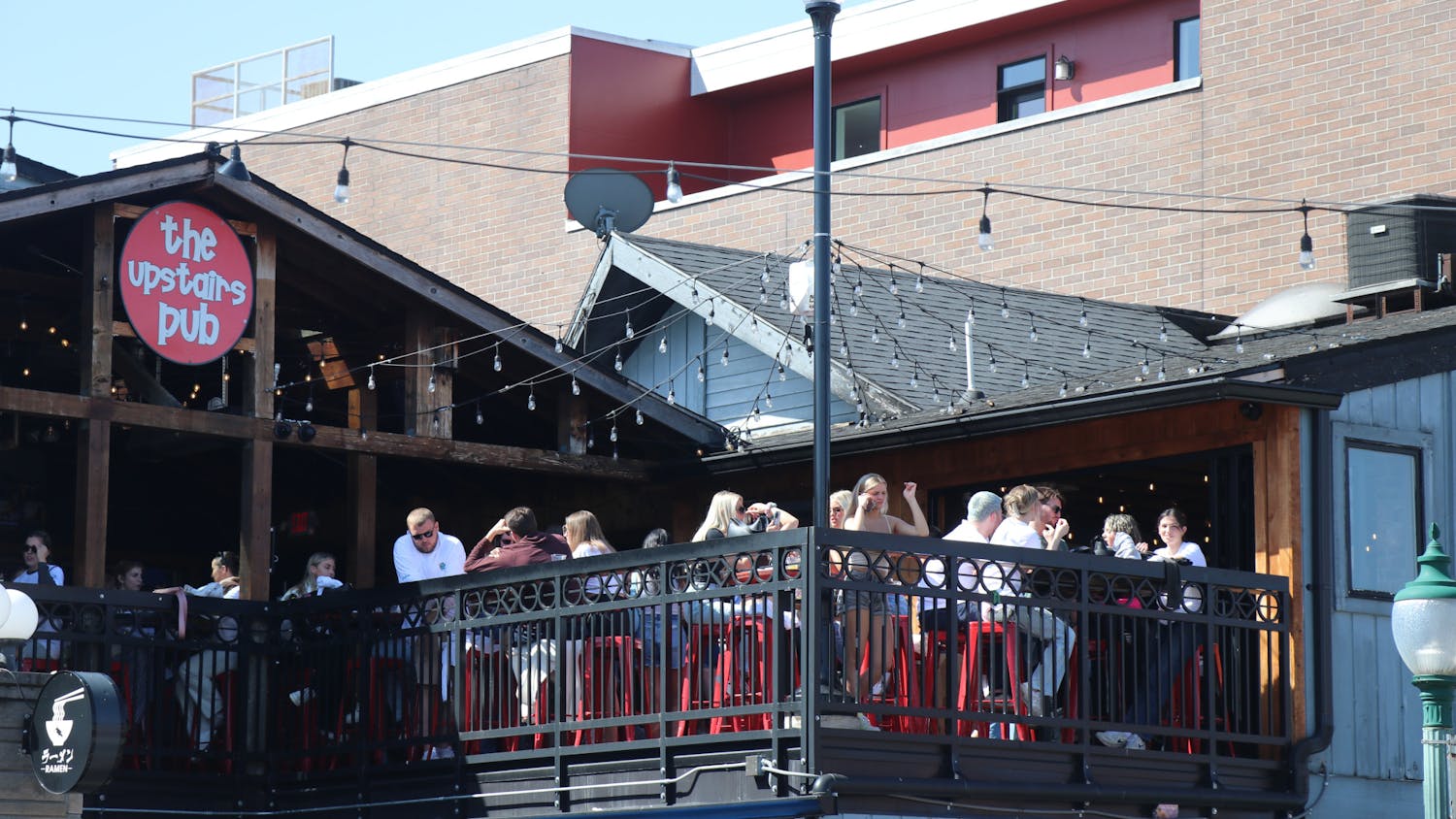BAGHDAD, Iraq -- As a tenuous cease-fire was held Monday in the restive Sunni city of Fallujah, Iraq, a radical Shiite cleric pulled his militiamen out of police stations in three southern cities in an attempt to ease a standoff with the United States.\nWith all quiet on both fronts, the scale of Iraq's worst fighting since the fall of Saddam Hussein became clearer. The military reported about 70 coalition troops and 700 Iraqi insurgents killed so far this month. It was the biggest loss of life on both sides since the end of major combat a year ago.\nA hospital official said over 600 Iraqis were killed in Fallujah alone -- mostly women, children and the elderly.\nThe withdrawal of radical cleric Muqtada al-Sadr's al-Mahdi Army militia from police stations and government buildings in Najaf, Karbala and Kufa, Iraq, was a key U.S. demand. But al-Sadr followers rebuffed an American demand to disband the militia, which launched a bloody uprising in Baghdad and the south this month.\n"Al-Sadr issued instructions for his followers to leave the sites of police and the government," said lawyer Murtada al-Janabi, al-Sadr's representatives in the talks.\nAmerican troops were seen on the outskirts of Najaf, where al-Sadr is thought to be in his office. The top U.S. commander in Iraq, Lt. Gen. Ricardo Sanchez, said "the mission of U.S. forces is to kill or capture Muqtada al-Sadr."\nU.S.-allied Iraqis were negotiating separately with representatives from Fallujah and al-Sadr. The U.S. military has moved more forces into both areas and is threatening to push into the cities if talks fall through.\nThe burst of violence since April 4 has exposed weaknesses in Iraq's U.S.-trained security forces. A battalion of the Iraqi army refused to fight in Fallujah, Sanchez said. And some police defected to al-Sadr's forces, said Gen. John Abizaid, the top commander of U.S. forces in the Middle East.\nAnother toll from the week's violence was the more than 40 foreigners reportedly taken hostage by insurgents, though a dozen had been released Sunday and Monday. Those still believed held included three Japanese and American truck driver Thomas Hamill, whose captors had threatened to kill them.\nSeven Chinese were freed Monday after being held for a day, China's official news agency said. Two reportedly were injured.\nTwo U.S. soldiers and seven employees of a U.S. contractor were still missing after an attack Friday on a convoy west of Baghdad, Sanchez said.\nAnd Al-Jazeera television said 11 Russians working for a Russian energy company were kidnapped during a clash in Baghdad. The station did not say when the reported abduction took place.\nMonday gunmen battered American supply lines around Baghdad, attacking a convoy of flatbed trucks carrying M113 armored personnel carriers south of the capital and setting them ablaze. A supply truck was burned and looted on the road from the airport.\nThe U.S. military has been trying to regain control of supply routes, particularly on Baghdad's western edge, where gunmen this week have attacked fuel convoys, shot down an Apache helicopter and killed two American civilian contractors after dragging them from their car.\nBrig. Gen. Mark Hertling, deputy commander of the 1st Armored Division in Baghdad, said hundreds of Iraqi fighters have been killed in the capital the past week -- apparently most in the western area.\n"Full security has not been established yet in Baghdad, but it will be. It's stable now," Hertling told The Associated Press.\nAP correspondents Lourdes Navarro with Marines at Fallujah, Abdul Hussein Yousef in Najaf and Daniel Cooney in Baghdad contributed to this report.
Cease-fire holds Iraqi city
Get stories like this in your inbox
Subscribe



